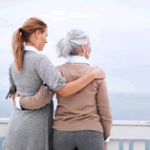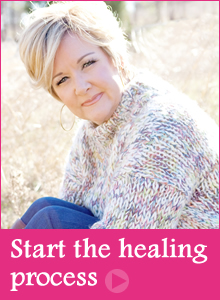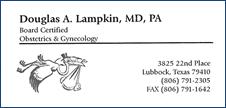 Today the sandwich generation, generally people between the ages of 35 and 55, may find itself providing care for aging parents and their children under age 21. This group of people is often called “sandwich generation” because they are wedged between dual caregiving responsibilities.
Today the sandwich generation, generally people between the ages of 35 and 55, may find itself providing care for aging parents and their children under age 21. This group of people is often called “sandwich generation” because they are wedged between dual caregiving responsibilities.
The sandwich generation keeps growing as a result of women bearing children later in life, more women working, and parents living longer due to improved healthcare technology. A national study conducted for AARP shows many older Baby Boomers are confidently assuming these dual caregiving responsibilities because they are well-educated, work full-time with above average incomes, and are married. In fact, more than 70 percent are providing care simultaneously for their parents and children, and believe they’re managing quite well and, surprisingly, with very little stress. These Boomers may also have fewer children under the age of 21, and may have other children over the age of 21 who can help with some of their caregiving duties. But these Boomers may also be caring for children, parents, and their own grandchildren.
Although this group is coping with the demands of caregiving, research indicates African Americans—who represent 11 percent of the sandwich population—experience more stress than other ethnicities. Stress among African American Boomers is often the result of:
- Traumatic personal and family incidents, including serious illness and death—many having had a family member die in the past 12 months.
- More single parent households due to lower marriage rates among older African American Boomers.
- Multi-generations living in a single household—approximately 25 percent of African American Boomers have children aged 21 or older living at home, and almost 10 percent have grandchildren living with them.
However, while facing these challenges, this generation of African Americans remains optimistic and committed to caring for their extended families.
Many caregivers can rely on their siblings, neighbors, and friends or seek support from faith-based and community organizations, physicians and other healthcare agencies.



